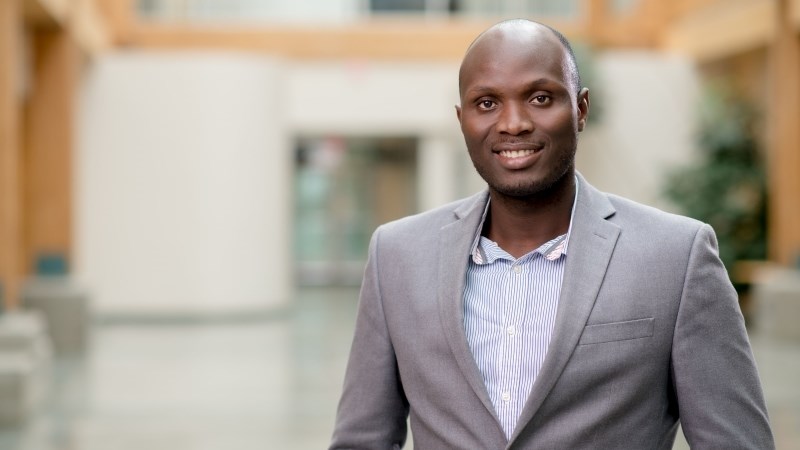Whether or not resource extraction companies achieve meaningful engagement with communities is a familiar topic in northern B.C., but a new research project will examine these dialogues on a global scale.
University of Northern British Columbia (UNBC) Global and International Studies Associate Professor Dr. Nathan Andrews will be embarking on a research project to study how community engagement around resource development is taking place.
Andrews will examine how these engagement processes are playing from the perspective of the grassroots stakeholders in both the global south and high north.
“We perceive public participation as crucial to the effective and equitable management of social and economic benefits from resource extraction,” Andrews said, in a UNBC release.
“Yet, in practice, extractive industries often fail to achieve meaningful engagement in the eyes of community members, despite extensive participation that appears to meet national and international standards.”
Andrews received a Social Sciences and Humanities Research Council (SSHRC) Insight Grant worth $291,579 for his project Meaningful Stakeholder Engagement in Resource-Rich Communities: Comparative Cases from the Global South and High North.
He will look at case studies in four countries: Ghana and Chile, representing the global south, as well as Canada and Norway, representing the high north.
“These are resource-rich countries that are leaders in the global extractive industry,” Andrews said.
“In each country, we will select two field sites – one with a company with a good reputation for consultation and another with a company with a weaker reputation for consultation.”
Andrews will be working with research co-investigators Dr. Mark Stoddart from Memorial University of Newfoundland and Labrador and Dr. Paul Haslam from the University of Ottawa.
Their goal is to reach general conclusions about the relative importance of legal frameworks for consultation compared with corporate practices for building meaningful engagement with stakeholders.
“By looking at different sites in all four countries, it will allow us to assess whether more or less meaningful consultation does indeed map according to a North-South divide,” Andrews explained.
Andrews said UNBC is well suited to lead this research because of its location in northern B.C., where many of these conversations about meaningful engagement are taking place.
He also credits UNBC’s participation in the University of the Arctic, an international network of universities, colleges and other research institutions committed to addressing challenges related to Arctic people and communities.
“Being part of such a network provides cross-thematic learnings with other UArctic research projects and extends our avenues for knowledge mobilization,” Andrews said.
The SSHRC grant will be distributed over five years to support Andrews’ research as well as four graduate students, including two Master of Arts students at UNBC.



